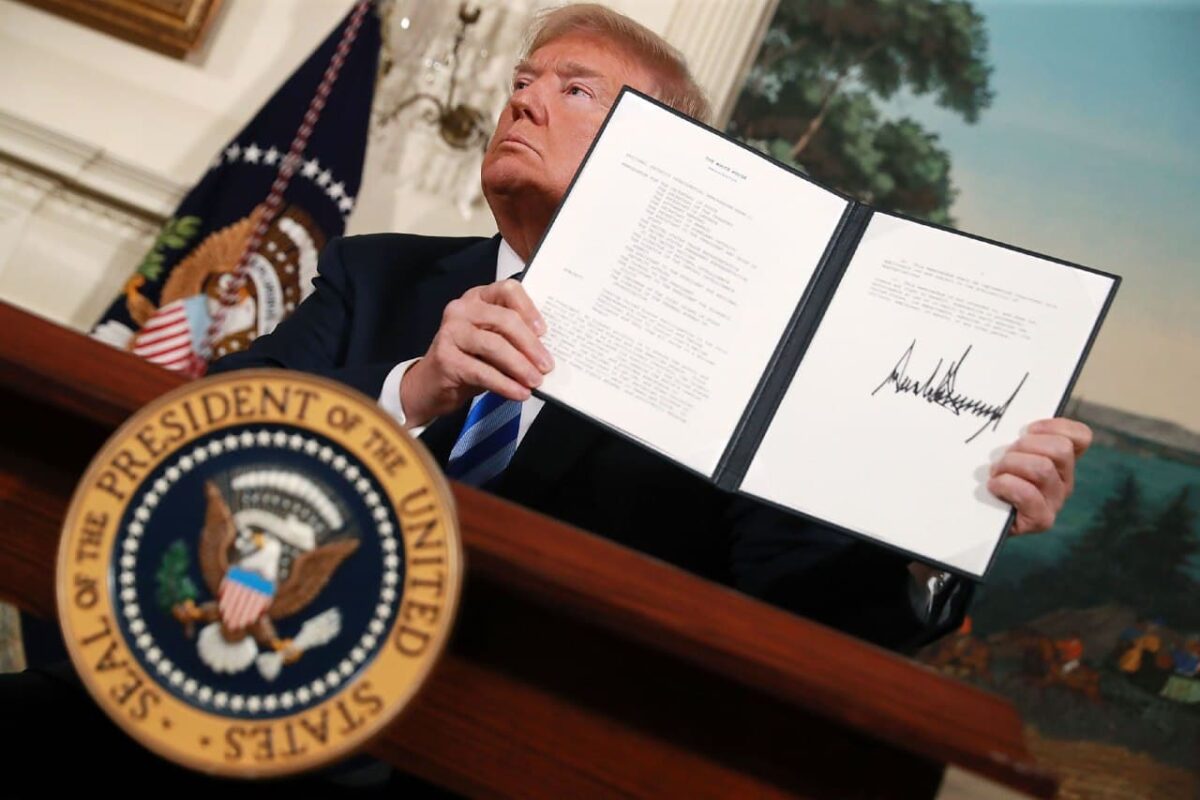“Trump’s withdrawal from the JCPOA, a decision opposed by his Secretary of State and Secretary of Defense, will go down as one of the dumbest, most dangerous foreign policy decisions of the last fifty years,” Murphy wrote on Twitter.
The White House has recently stepped up criticism of Trump and lambasted the former leader for pulling out of the Iran nuclear deal. The American officials stressed the United States is paying the wages of that catastrophic mistake. Several diplomats have stated the United States in some ways more isolated diplomatically than Iran because of the course that the previous administration had pursued.
US Secretary of State Antony Blinken has called Trump’s move to pull Washington out of the Iran nuclear deal as ”one of the worst decisions made in recent American foreign policy”. Blinken had called Washington’s withdrawal from the 2015 agreement “a terrible mistake”.
President Joe Biden has also stated the United States is “continuing to suffer” from Trump’s decision to pull Washington out of the Iran nuclear deal.
The Joint Comprehensive Plan of Action (JCPOA) was inked by Iran and six world powers in 2015. Under the deal, Tehran agreed to put limits on certain aspects of its nuclear activities in exchange for the removal of draconian international sanctions imposed against the country.
In 2018, however, the US pulled out of the pact and reinstated sanctions under the so-called ‘maximum pressure campaign’ against Tehran, effectively depriving Iran of the deal’s benefits by forcing third parties to stop doing business with Iran.
Iran remained patient for an entire year, after which it began to take incremental steps away from its nuclear obligations, especially after Europeans failed to salvage the deal under the US pressure.
The Islamic Republic’s decision to ramp up its nuclear activities prompted other parties to revive talks earlier this year.
Iran and the five remaining parties to the JCPOA — Germany, Britain, France, Russia and China — began the talks in the Austrian capital in April with the aim of removing the sanctions after the US voiced its willingness to return to the agreement.
During the seventh round of the Vienna talks, the first under President Ebrahim Raeisi, Iran presented two draft texts which address, separately, the removal of US sanctions and Iran’s return to its nuclear commitments under the JCPOA. Tehran also said it was preparing a third draft text on the verification of the sanctions removal.
The eighth round of talks kicked off in Vienna in late December. The negotiations seek to restore the JCPOA in its original form and bring the US back into the agreement.
Iran insists that the talks must lead to the removal of all American sanctions that were imposed against Tehran following Washington’s unilateral withdrawal from the landmark agreement in May 2018. Tehran has also demanded credible guarantees that Washington will not abandon the deal again.
